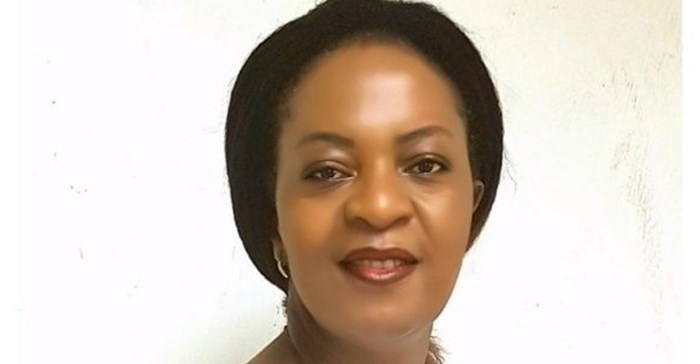#2020AfricaBrandSummit: Winning hearts and minds in the midst of a pandemic

She is part of the Risk Communication and Community Engagement Technical Working Group, which was set up as one of the eight pillars of the country’s Covid-10 preparedness and response plan based on the World Health Organisation (WHO) guidelines. “The guiding principles were that we have to communicate real-time information to the public in an honest manner. If you look at the guidelines, which were extrapolated from the WHO, it talks about the unknowns, and what is being done to allay the fears among the populace."
Shilumani emphasised community participation in the process. “Communities have a lot to give. They have assets, they also have a lot of misconceptions. There is a lot of discourse that goes on around the epidemic, whether people perceive themselves as being at risk or they feel like they are not being impacted. So those are the kinds of things you are listening to on the ground, it informs on how you articulate your messages and disseminate such messages.”
She said that even before the first Covid-19 case was announced on 5 March, the communication machine kicked into gear. “Once we heard that there is Covid-19 around the world, we started preparing ourselves, because we knew that it was just a matter of time. Considering the mode of spread of the epidemic, we had a risk communication plan in place.”
Shortly after that, a cohort of African students were repatriated from Wuhan, China were quarantined at The Ranch resort in Polokwane, and this raised a lot of fear in the community.
“We mounted a strategy that included community radio stations around that area. So about 10 were engaged for people to understand that they are not in any way at risk by the quarantine,” Shilumani said.
Changing behaviour
Although the primary focus at the beginning of the country’s response to the pandemic was clinical, that a secondary behavioural approach was needed, she said. “We had a clinical advisory committee chaired by Professor Salim Abdool Karim, but a lot of us who are communicators out there were thinking: ‘I wish they would give us an opportunity because we know where this is going’.”
“In my experience from the Ebola outbreak in Sierra Leone, we were only able to win the war when we took Ebola response to the communities. We empowered the communities to take charge of their health outcomes. So we knew that eventually we had to move away from the clinical paradigm.
“And this is where the power of honesty comes in. Our (health) minister (Zweli Mkize) has always been very honest when he doesn’t know something he will publicly go and say: ‘We don’t know’. I personally, as a public health expert, learned a lot from our minister, because as a doctor he could articulate medical issues and as a minister he was very honest in how he communicated.
“Then he came back in July, and said: ‘We need a way to help communities to move forward’. This was acknowledging that he, as a doctor, had reached his limit of knowledge. He said that his ministerial committee, which was more clinical, now needed the second part, which is the behavioural side of things and went on to establish the ministerial advisory committee of social and behavioural change communication. And that is where we are right now, we are guided by the committee,” she said.






























